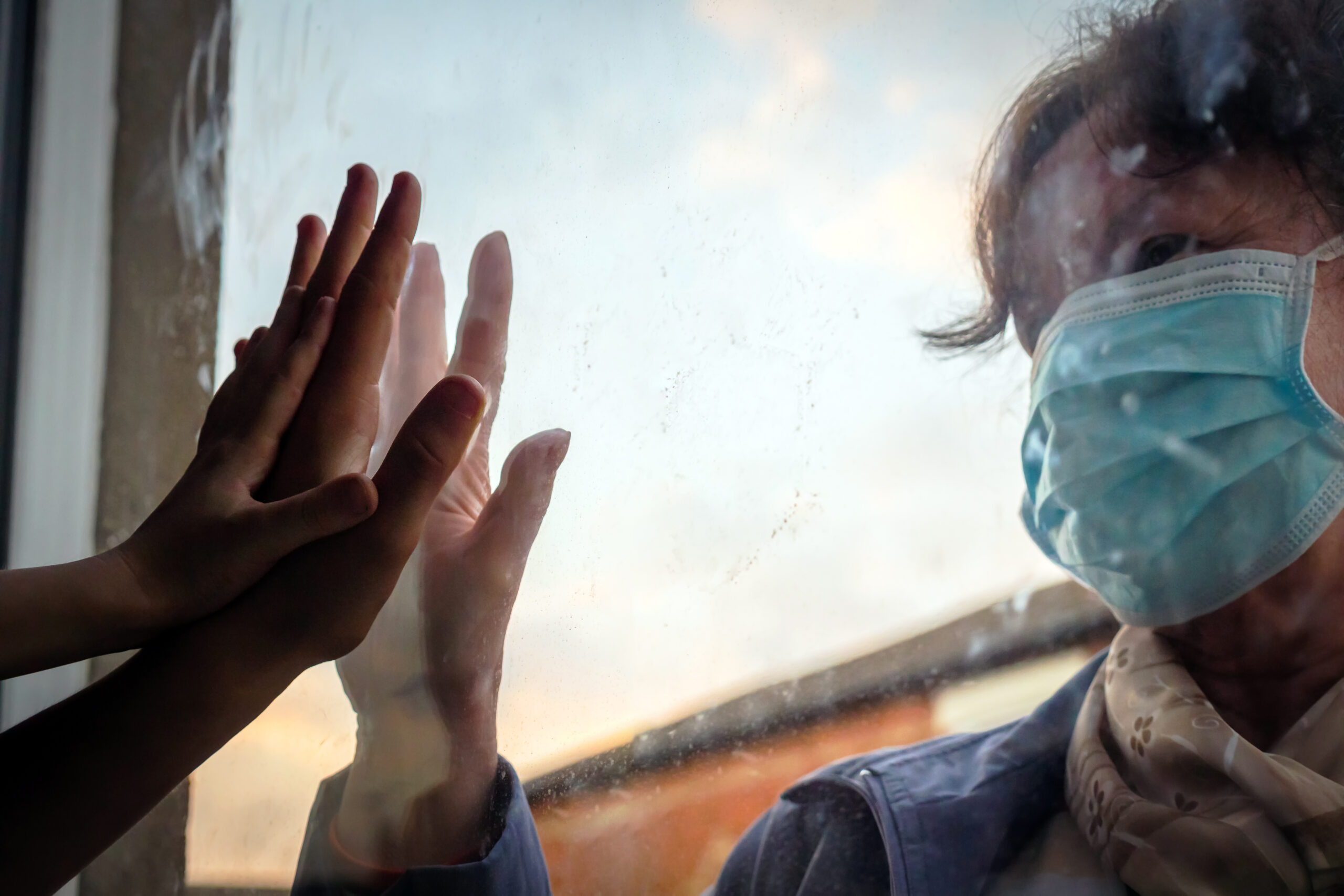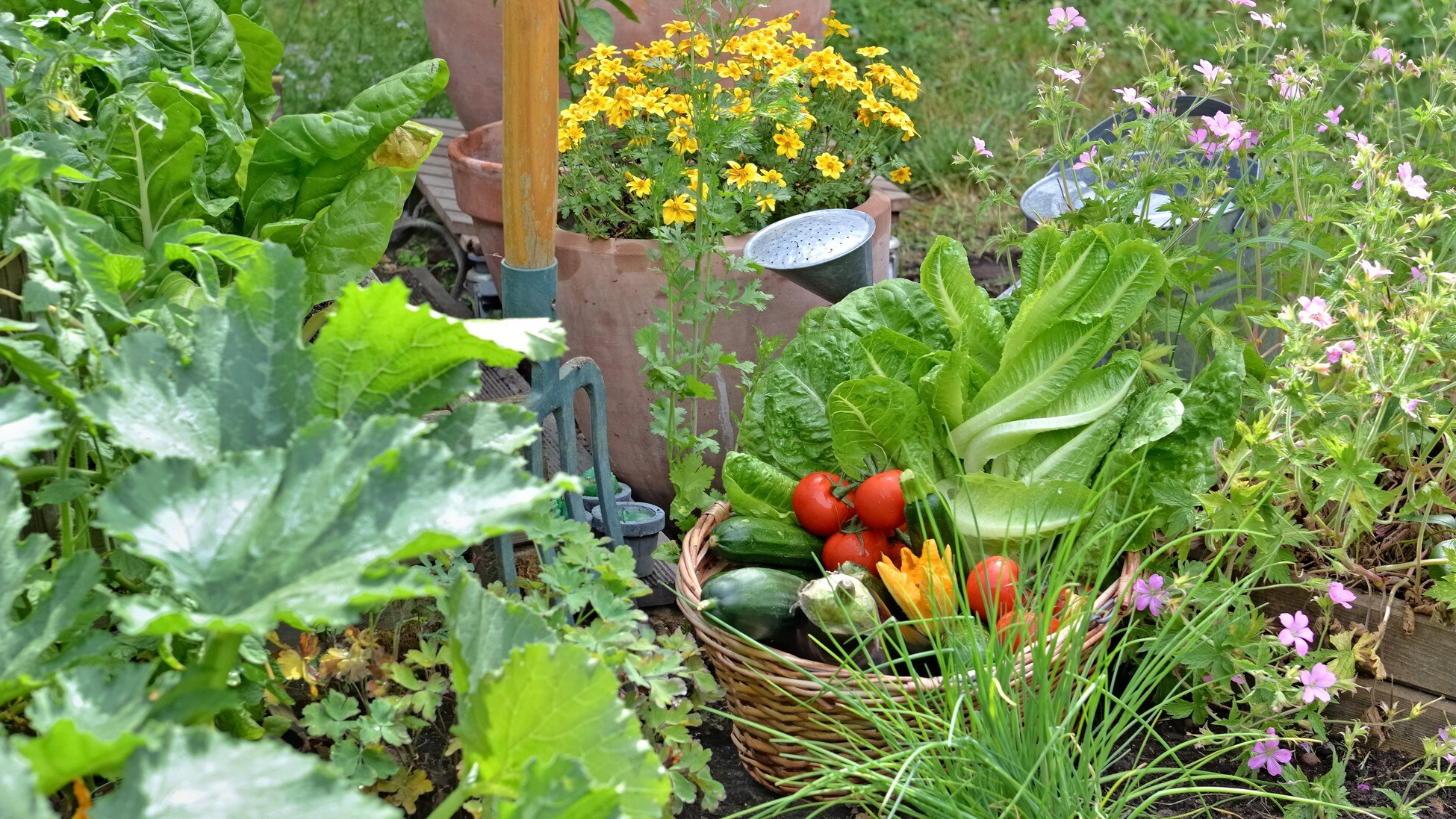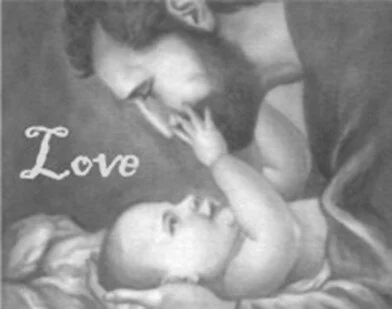My moving into a multilevel retirement community coincided with the new reality of quarantines in this COVID-19 crisis. When you moved in, you automatically became quarantined for two weeks: no visitors, no leaving the premises. You were in “lockdown” with daily temperature readings to protect the community. Being entirely alone for two weeks wasn’t part of my retirement plan. But protecting my community was essential. I survived.
When I made an unexpected trip to the emergency room, I re-entered quarantine for two more weeks. I understood the need to protect the community. But I had my computer and that allowed me to stay in touch with the world. It was OK.
Later, a surgical procedure brought me to an overnight stay at the hospital. Back into quarantine for two more weeks. By this time, the nurses who took daily temperature readings were also taking pity on me and staying to chat. But after this quarantine, my computer refused to cooperate with the plan. I could receive email, but I couldn’t send any!
Now I really felt on my own. I couldn’t respond to calls for help; I couldn’t connect with my grandchildren. My ministry had a powerful interactive component, and I couldn’t reach out in prayer or love to anyone. My heart and spirit felt disconnected and alone.
I realized how dependent I had become on this electronic world which I could access 24/7 with words of love and prayer, encouragement and understanding. My ministry had become rooted in the power of these immediate spiritual connections. But now, I found myself feeling very alone. Even though I could pray continually, I felt a silent emptiness that touched some deep core in me.
I believed all would be well when I was finally released from my confinement and my computer restored to health. Instead, all I felt was the reality of my experience. I had not enjoyed being in quarantine. But I had the electronic world to keep me company. When I could no longer connect to the outside world, I felt the full weight of my new state of isolation.
But perhaps the biggest surprise came when I was finally able to reach out and resume sending emails. To my relief, I also realized how empty I had felt and how hungry I had been for connections. Tears brought the reminder of how essential human connections really are. As necessary as our electronic world is to our survival, the deeper human connections we feel move us directly into heart and spirit and the reality of God in the world.
I wondered what other people felt about their experience of isolation in our new retirement home. My community neighbors reflected the need to be active and not passive. Being with other people, even just to watch television together, was a gift that created a new community connection.
A new friend shared her experience with me: “This experience is requiring us to be more self-reliant and to also recognize our need to rely on God. I am personally coming to a place of acceptance with the changes and an appreciation of simpler things, like sleeping well, the physical necessity of taking care of my body and learning more about my neighbors.”
For another person, the biggest lesson of this entire “lockdown” had been: “the importance of being flexible, patient and accepting of change.”
For those living outside of a community or family experience, the isolation of COVID can be powerful and continuous. Work is being done at home, rather than in the office. Teaching is online, rather than in a classroom. Therapy is being offered in phone calls. We are working hard to make this new normal “work.”
Perhaps our focus also needs to acknowledge the healing power of human relationships. The pain of my isolation came not just from being alone. Rather it grew with my not being able to reach out to others. Giving and receiving are essential human behaviors. Is it possible that the complicated violence we see in so many communities is the outward and visible sign of our experiences of extreme social isolation?
If we cannot give something of who we are to others, do we lose that human power of connection that is so healing? If I cannot find something of value in me, how will I ever see anything of value in someone else?
View all articles by:






















